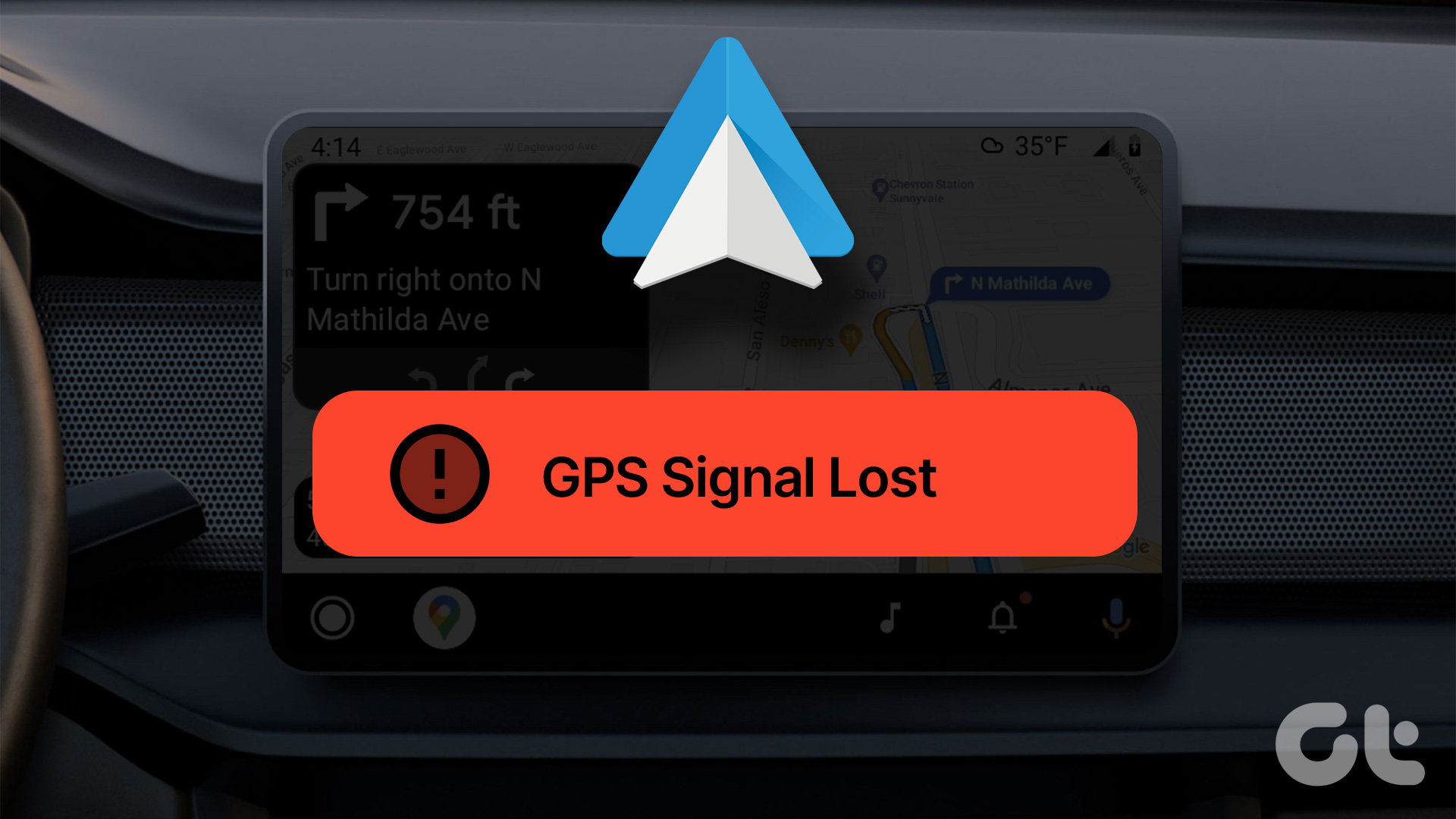For years, GPS trackers have been a reliable tool for fleet management, stolen vehicle recovery, and personal vehicle monitoring. But the advent of 5G is poised to revolutionize the entire landscape, offering levels of accuracy, speed, and functionality previously unimaginable. Let’s explore how this next-generation technology is transforming GPS tracking for cars.
The 5G Advantage: Beyond Faster Speeds
While the increased speed of 5G is a significant benefit—allowing for almost instantaneous data transmission—the true impact on GPS tracking extends far beyond just faster updates. The lower latency (delay) of 5G is crucial. Think about it: with traditional GPS trackers relying on 4G or even older technologies, there’s a noticeable delay between the vehicle’s actual location and the data displayed on your tracking device or app. This lag can be problematic, especially in critical situations like theft or accidents.
5G drastically reduces this latency, offering near real-time tracking. This precision is critical for:
- Improved Fleet Management: Companies can optimize routes in real-time, leading to increased efficiency and reduced fuel costs. They can also instantly respond to issues like breakdowns or delays.
- Enhanced Stolen Vehicle Recovery: The accuracy and speed of 5G data allow law enforcement to pinpoint a stolen vehicle’s location far more quickly, significantly increasing the chances of successful recovery.
- Safer Driving: 5G-enabled trackers can support advanced driver-assistance systems (ADAS) by providing more precise location data for features like collision avoidance or lane departure warnings.
- Real-time Vehicle Diagnostics: 5G’s increased bandwidth allows for the transmission of more comprehensive vehicle diagnostic data, enabling proactive maintenance and reducing downtime.
Beyond Location: The Expanding Capabilities of 5G GPS Trackers
The improved bandwidth and lower latency of 5G unlock additional capabilities beyond simple location tracking. We’re seeing the emergence of trackers that integrate a wider array of sensors and features, including:
- Advanced Telematics: Integrating engine data, speed, fuel consumption, and driver behavior into a comprehensive picture of vehicle performance.
- Geofencing with Alerts: Setting virtual boundaries and receiving instant notifications when a vehicle enters or exits a designated area.
- Remote Immobilization: In the event of theft, the ability to remotely disable the vehicle’s engine.
- Driver Behavior Monitoring: Tracking driving habits like harsh braking, speeding, and idling to improve driver safety and reduce fuel consumption.
- Integration with Smart Home Systems: Linking your vehicle’s location with other smart devices for enhanced convenience and security.
Choosing the Right 5G GPS Tracker: Factors to Consider

The market for 5G GPS trackers is growing rapidly, so selecting the right device requires careful consideration of your specific needs and budget. Key factors include:
- Accuracy: Look for trackers that offer high levels of location accuracy, particularly in challenging environments like urban areas or dense forests.
- Battery Life: Battery performance is crucial, especially for long-haul trucking or remote monitoring situations.
- Data Plan Costs: Consider the ongoing costs associated with the data plan required to transmit 5G data.
- Features and Functionality: Assess which features are essential for your needs, such as geofencing, remote immobilization, or telematics integration.
- Compatibility: Ensure the tracker is compatible with your vehicle and the platforms you plan to use for data monitoring.
5G GPS Trackers vs. Previous Generations: A Clear Upgrade

Compared to 4G and older technologies, 5G GPS trackers offer a significant improvement in nearly every aspect. The speedier data transmission, lower latency, and expanded capabilities make them a worthwhile investment for individuals and businesses alike. The enhanced accuracy alone can justify the upgrade for fleet managers concerned about precise location data and fuel efficiency.
While the initial cost of a 5G GPS tracker might be higher than its predecessors, the long-term benefits in terms of efficiency, security, and operational improvements often outweigh the upfront expense.
The Future of 5G GPS Tracking in Cars
![]()
The technology is constantly evolving. We can expect even greater improvements in accuracy, battery life, and functionality in the coming years. Integration with other smart technologies, such as autonomous driving systems, will become increasingly prevalent, leading to further innovations in vehicle safety and management. The potential applications of 5G in the automotive sector are vast, and GPS tracking is just one area set for significant transformation.
Practical Advice for Users

Before purchasing a 5G GPS tracker, thoroughly research different models and compare their specifications, features, and pricing. Read user reviews and compare data plans from different providers. Ensure that the tracker you choose is compatible with your vehicle and your existing software or platforms. Proper installation is crucial for optimal performance. Remember to check local regulations regarding the use of GPS tracking devices.
The transition to 5G GPS trackers marks a significant leap forward in vehicle tracking technology. By embracing this innovative technology, individuals and businesses can enhance safety, improve efficiency, and unlock a new level of control and insight into their vehicles.